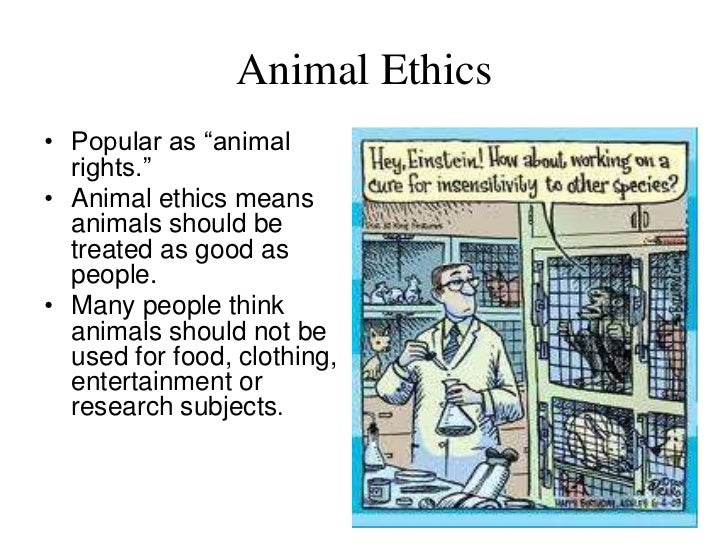In seeking a new animal ethic, society began to apply the notion of rights, which protect human nature from being submerged for the sake of general welfare, to animals in order to protect their fundamental interests as dictated by their nature (or telos). Animal rights means that animals deserve certain kinds of consideration—consideration of what is in their best interests, regardless of whether they are “cute,” useful to humans, or an endangered species and regardless of whether any human cares about them at all.
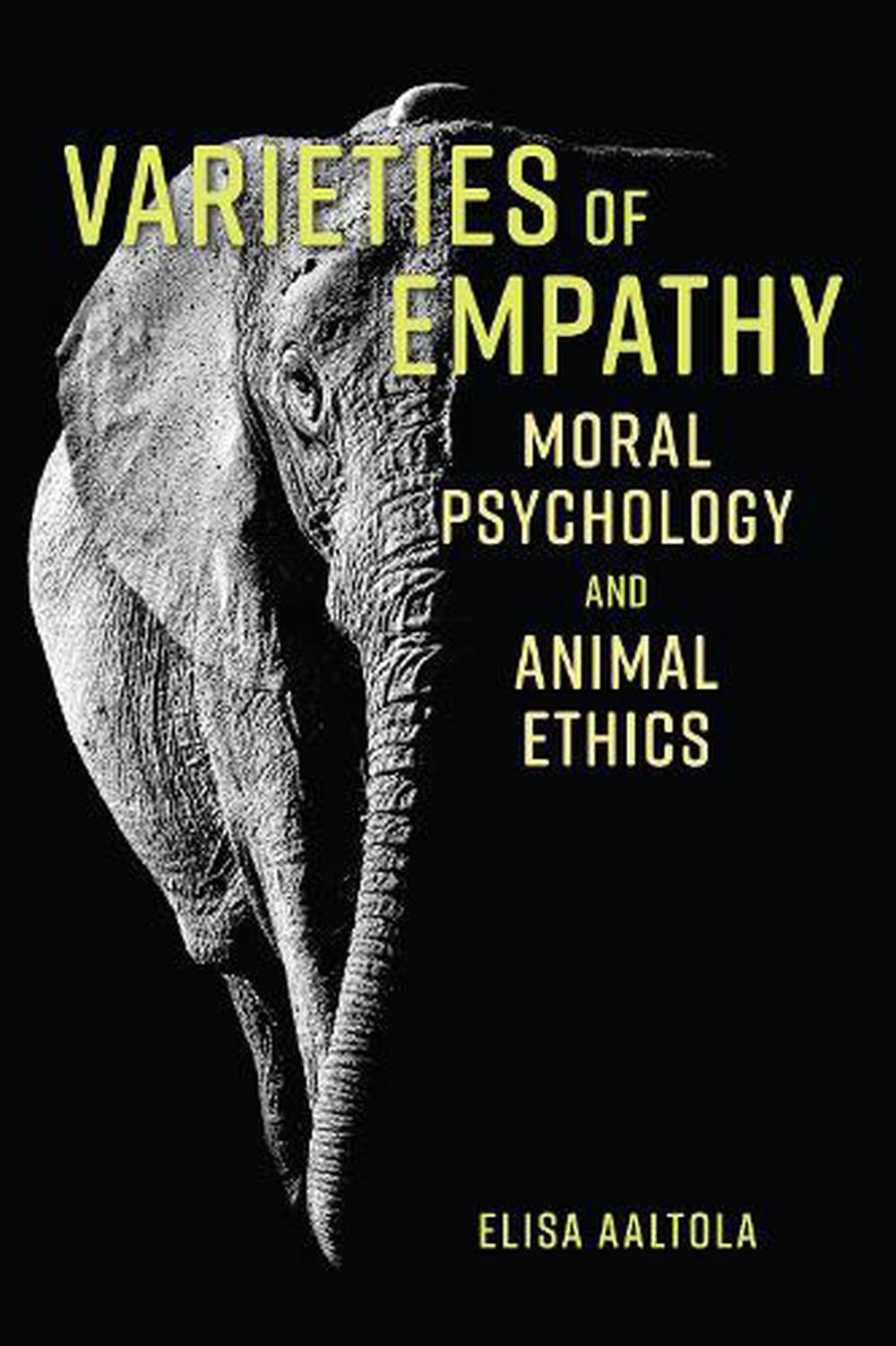
Varieties of Empathy Moral Psychology and Animal Ethics
Giving animals intrinsic moral worth means that they matter in their own right, independent of their use to others.

Define animal ethics. Questions in animal ethics can be hotly contested as there is no general agreement about how we ought to engage with nonhuman animals. Our vision is a world where sentient beings are given full moral consideration. 1.2 committee shall mean the victoria university aec.
Animal ethics is a branch of moral philosophy which explores different views on the use of animals. A set of moral principles : The hasting center report on animal research ethics:
According to virtue ethics, the fundamental moral injunction is for one to be, or become, a virtuous person. Animal ethics rational argument about the right and wrong way to treat animals is made more difficult by the deep love that many of us. Evolving views and practices (gilbert et al., 2012) states “animal welfare is concerned with assuring humane treatment of animals:
Based on a characteristic or relationship that is not relevant to (does not affect) the matter at hand. The attitude that human interests are more important than those of other sentient beings. Defenders of animal experimentation often claim that there is no choice but to harm animals lest scientific progress be stopped, but this is not so.
And our personal ethics will influence the way we treat animals. Thus any practice that fails to respect the rights of those animals who have them, e.g., eating animals, hunting animals, experimenting on animals, using animals for entertainment, is wrong, irrespective of human need, context, or culture. It begins by noting that this issue has gained prominence with advocates asking for animals to be given greater rights.
However, the 3 aspects of welfare sometimes conflict, and this presents practical and ethical challenges. Definitions 1.1 “animal ethics committee (aec)” shall mean an aec, as outlined in the ‘australian code for the care and use of animals for scientific purposes 8th edition 2013’and under part 3 of the prevention of cruelty to animals act 1986 and regulations 1997. It set in place a mutually beneficial arrangement between people and animals that goes like this:
Maintaining good health, minimizing negative states such as pain, enhancing positive states, and giving animals freedom to behave in ways that are natural to that species”. Towards a future without animals harmed in laboratories research methods that do not involve the use of nonhuman animals. Our moral viewpoints on what is acceptable are influenced by personal experience, education, culture, religion etc.
Companies that test on animals “if we take care of the animals, the animals will take care of us.” [plural noun] rights (as to fair and humane treatment) regarded as belonging fundamentally to all animals.
Thus, the most widely accepted definition of animal welfare is that it comprises the state of the animal's body and mind, and the extent to which its nature (genetic traits manifest in breed and temperament) is satisfied. It means recognizing that animals are not ours to use—for food, clothing. Animals given extrinsic moral worth have importance via their effects on others (normally humans) who have intrinsic worth;
This paper reviews the issue of animal rights from an ethical perspective. The definitions given here are the ones that are used in ethics and/or in animal rights. But pleasure and pain are not the only things that matter to animals.
It is the effect that the animals’ treatment has on humans that makes it matter ethically. Animal ethics aims to achieve a shift in attitudes towards nonhuman animals. The animal welfare ethic that developed in the neolithic era is one that obligated people to consider their animals’ welfare in order to achieve their own purposes.
Each context in which animals are used raises contentious ethical issues and difficult questions. The paper explains the human exceptionalism perspective, which gives humans a higher moral status due to their sophisticated cognitive abilities. Animal rights denotes the philosophical belief that animals should have rights, including the right to live their lives free of human intervention (and ultimate death at the hands of humans).

Introduction to Animal Welfare Ethics

Palgrave MacMillan Animal Ethics An Introduction to
animal ethics Livestock Occupational Safety And Health
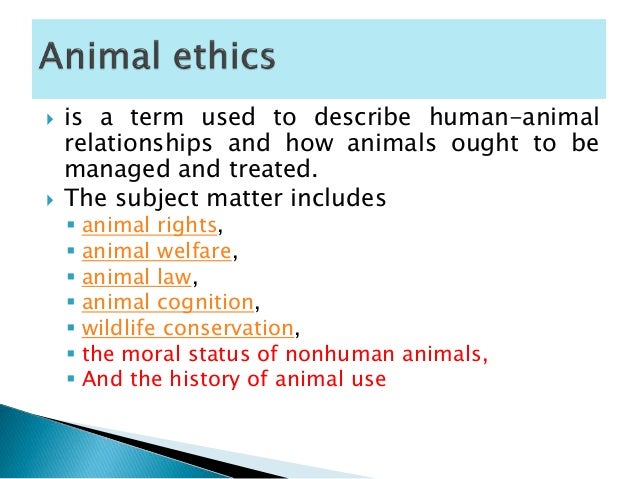
Ethics of Using animals in Research

Animal ethics a social controversy

Animal ethics a social controversy

(PDF) Animal Ethics and Promoting Sea Turtle Conservation

Animal ethics a social controversy
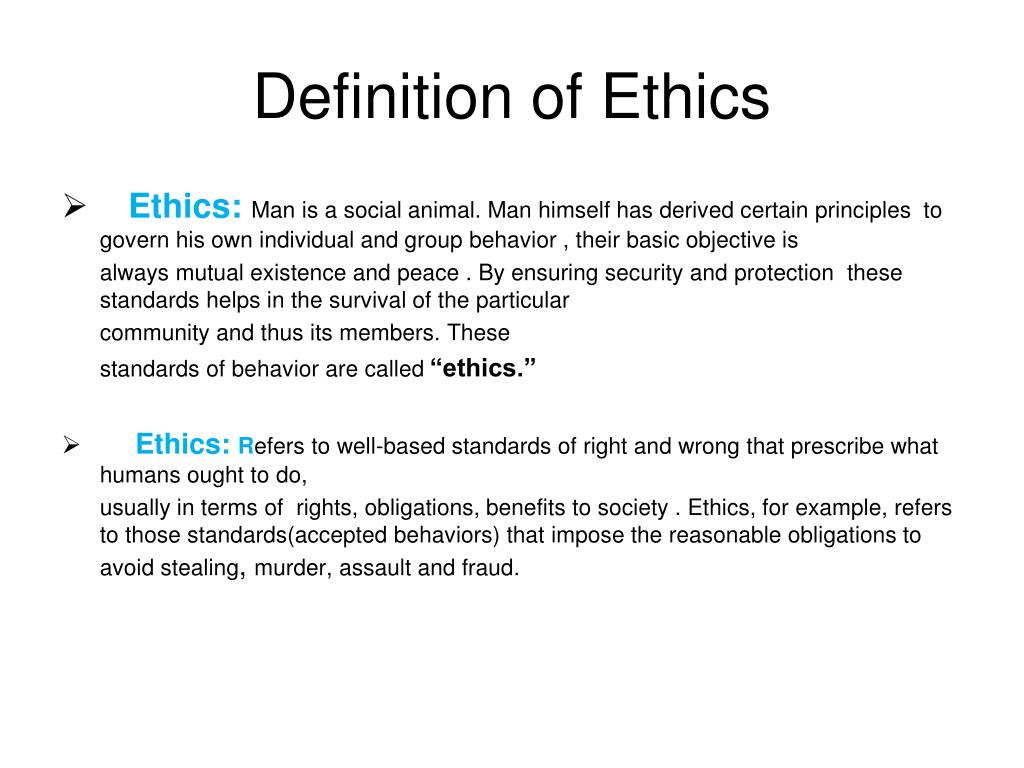
PPT Nature of Morality PowerPoint Presentation, free

Objectives Define a clone. Outline a technique for cloning

Case Study Animal Rights Tutorial Sophia Learning
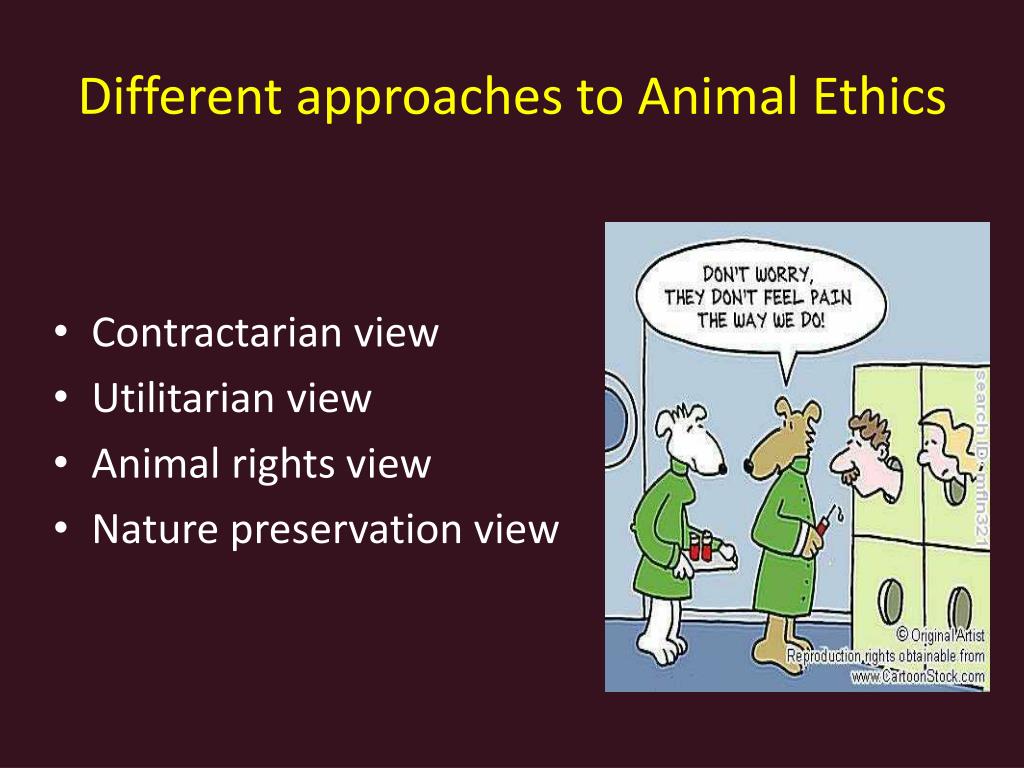
PPT Ethical issues related to animal experiments
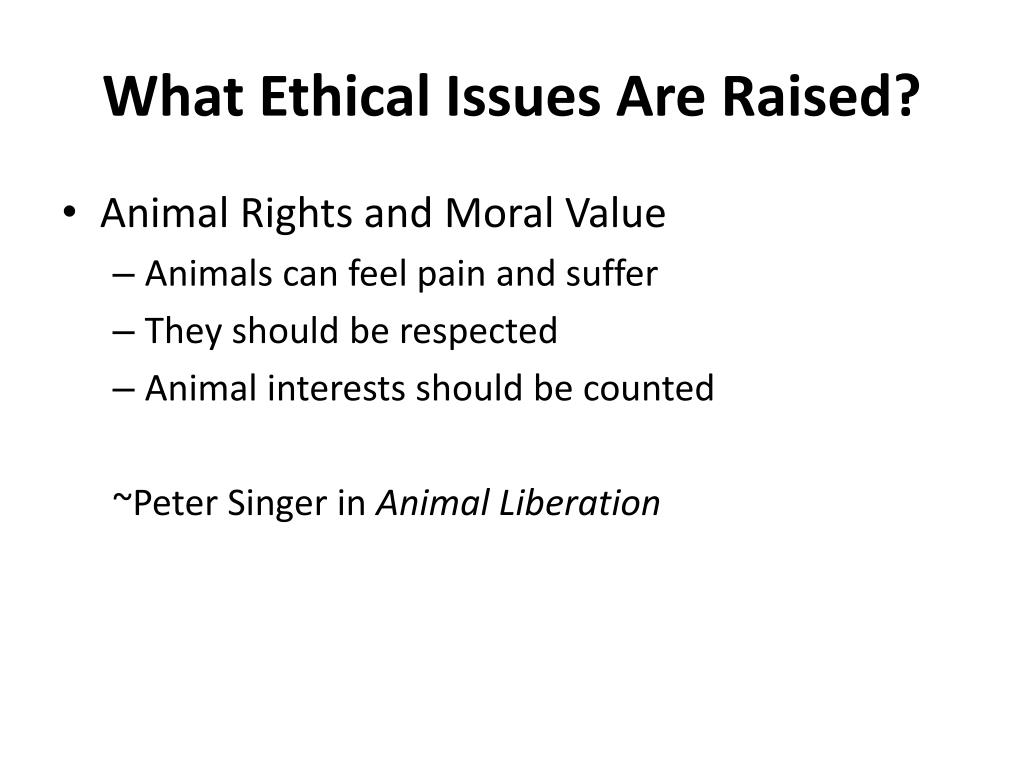
PPT Animal Ethics PowerPoint Presentation, free download
PPT Ethics of Whaling PowerPoint Presentation ID575658

Introduction to Animal Welfare Ethics
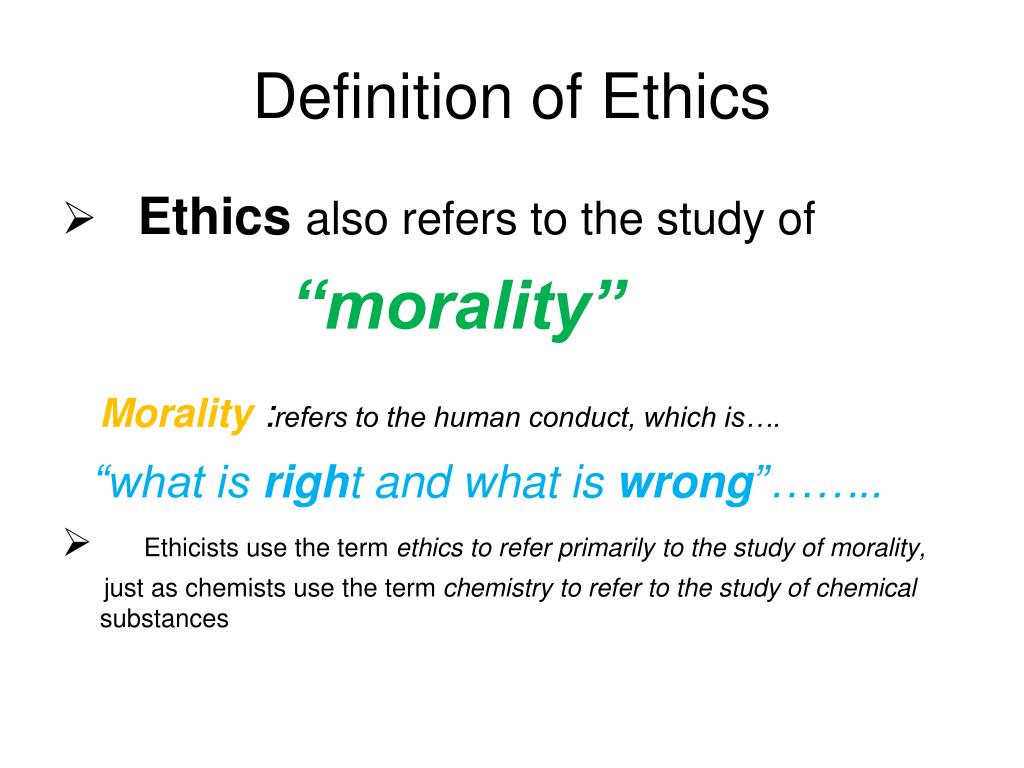
PPT Nature of Morality PowerPoint Presentation, free
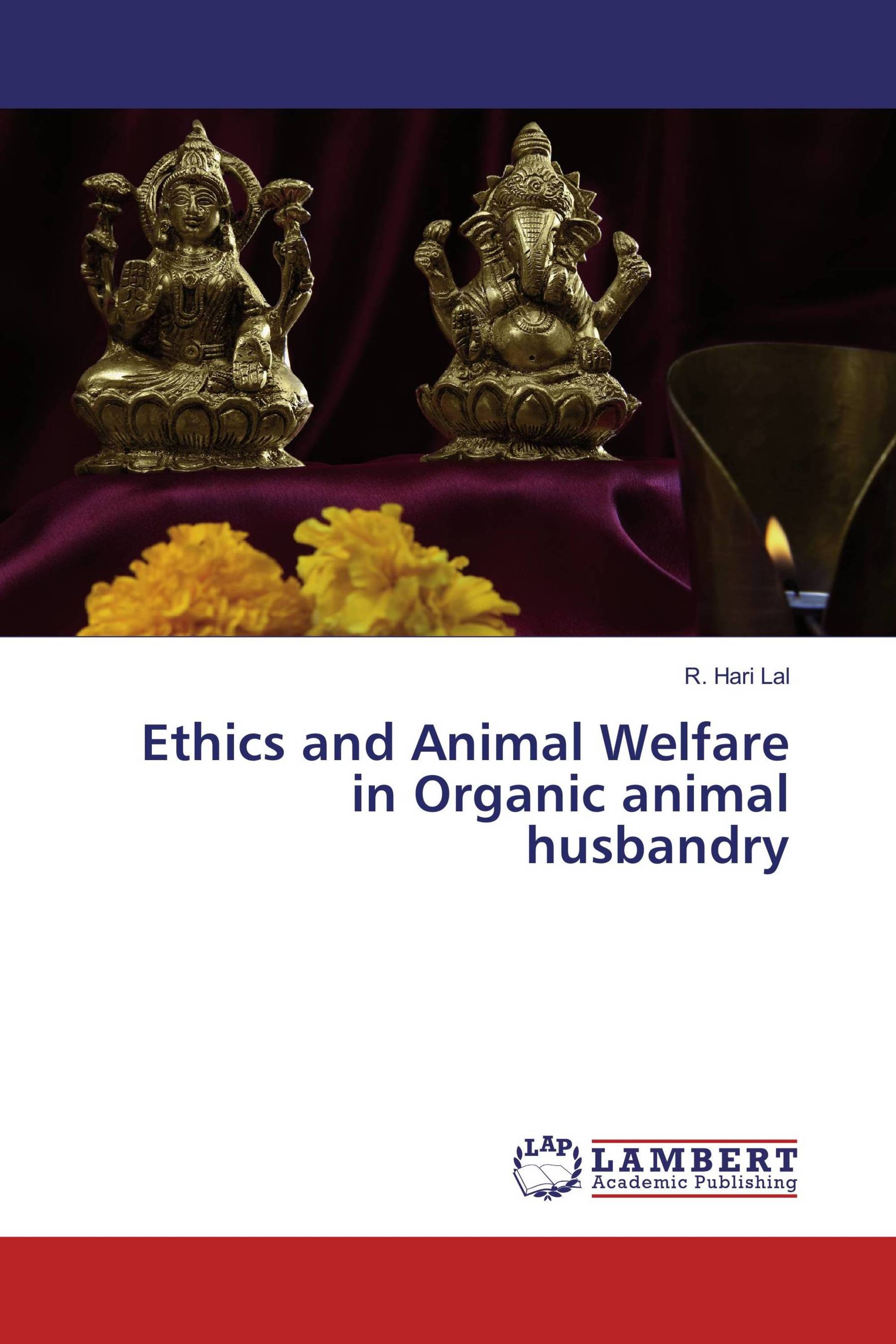
Ethics and Animal Welfare in Organic animal husbandry

